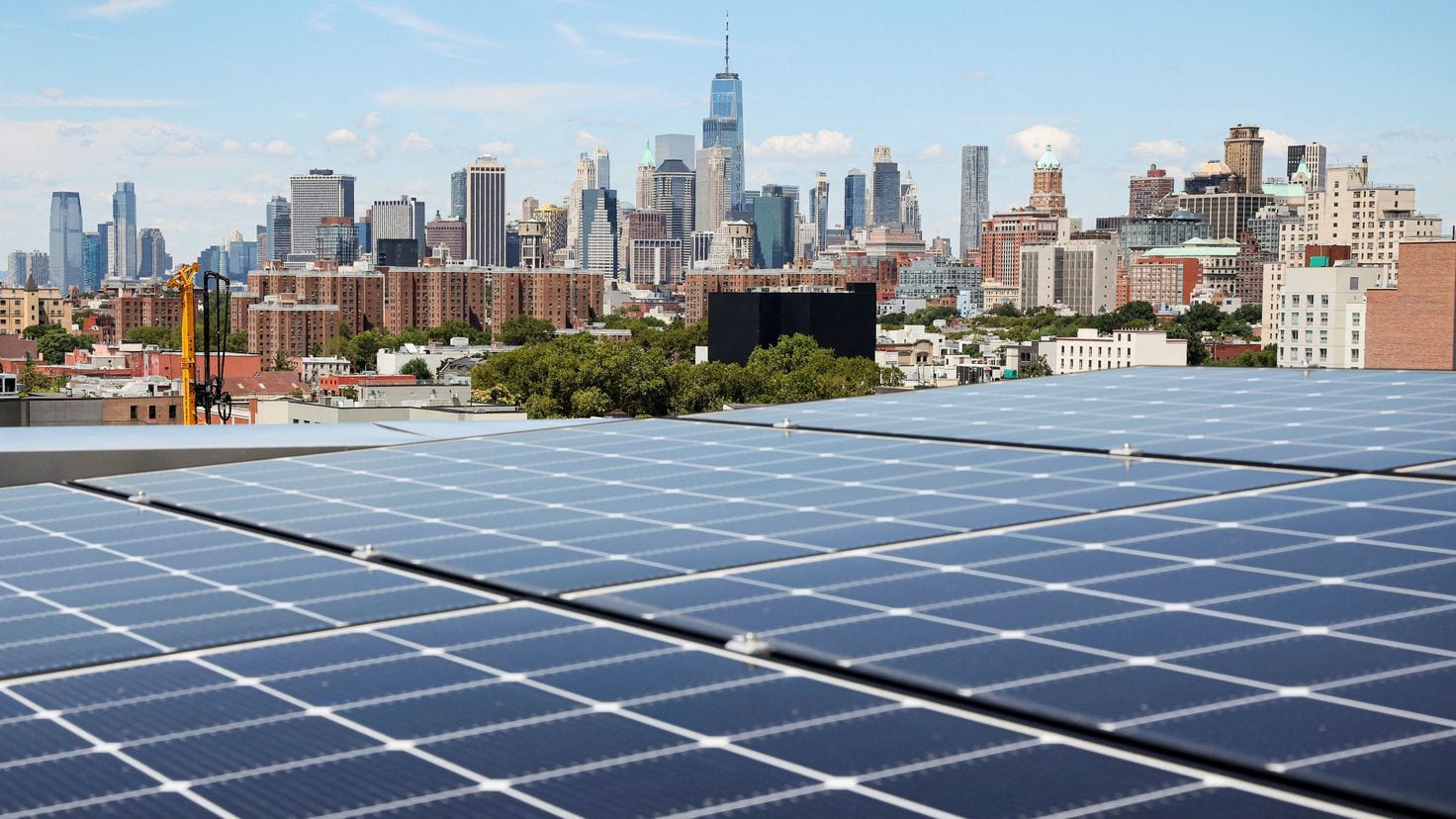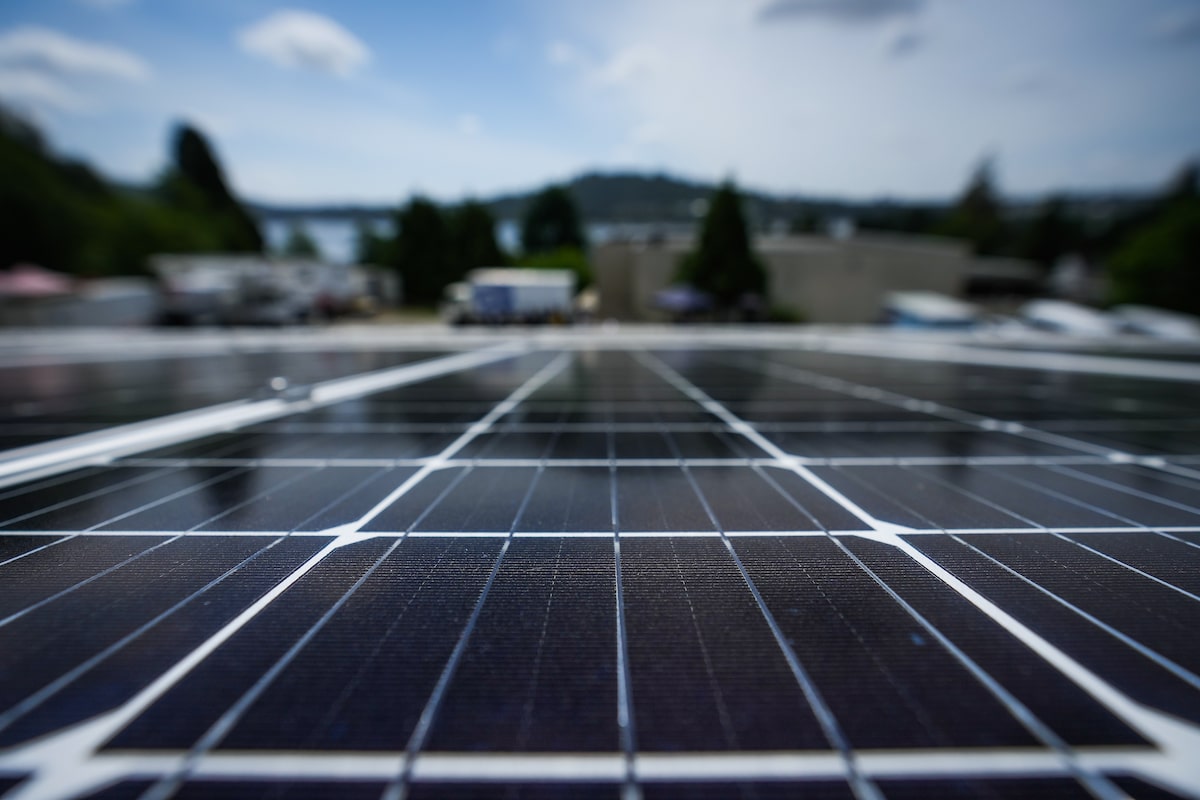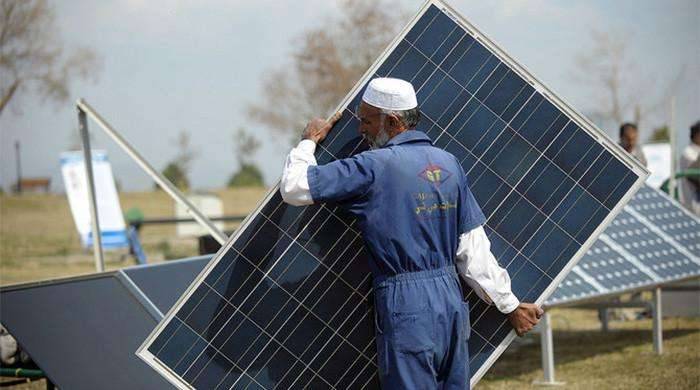Governments worldwide are increasingly turning to solar-powered systems to overcome challenges in water supply accessibility for both domestic use and irrigation. By transitioning from grid-based energy sources to solar-powered systems, countries address issues of limited water access while also combating environmental concerns.
Abandoning Traditional Power Sources for Sustainability
Historically, electric water pumps relied heavily on grid electricity or diesel for operation, resulting in high operational costs and environmental impact. The shift away from these conventional methods is driven by the recognition of their carbon footprint and environmental degradation.
Solar Technology: A Game-Changer in Water Management
The World Bank acknowledges the viability of solar water pumping, citing its operational, financial, and environmental sustainability. Reduced maintenance requirements and falling prices of solar panels make solar-powered water pumping an attractive solution for expanding energy access, particularly in developing regions.
Transforming Lives with Solar Solutions
In Uganda, the Ministry of Water and Environment has embraced solar-powered schemes, leading to significant improvements in water access, especially in Eastern Uganda. Projects like the hybrid solar system in Alukucok village and the Agure solar-powered irrigation system in Katakwi District have transformed communities by providing reliable water sources for domestic and agricultural purposes.
Tangible Benefits and Future Prospects
The implementation of solar-powered systems has yielded tangible benefits, such as reduced energy costs and increased agricultural productivity. For instance, the Alukucok pump’s energy costs decreased from Shs3.2m to Shs2m per month after the installation of solar panels, indicating significant savings.
In addition to enhancing agricultural output, solar-powered irrigation systems like the one in Agule village demonstrate the potential for sustainable farming practices. With support from initiatives like the Water for Production Regional Centre – East (WfPRC-E), farmers receive essential inputs and training, paving the way for long-term agricultural development.
The adoption of solar technology in water management not only addresses immediate water supply challenges but also lays the foundation for resilient and sustainable communities, contributing to broader environmental and economic goals.
Source:monitor.co.ug





